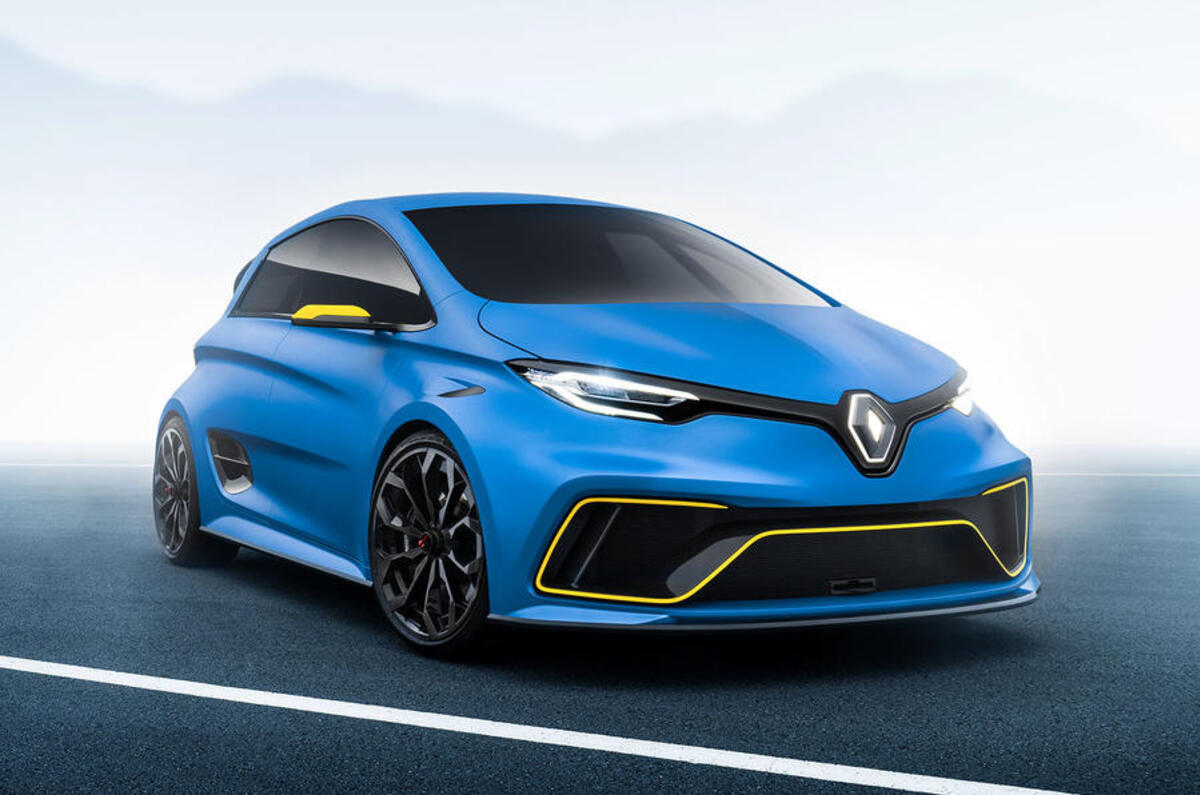Renault has rebutted a report that prices of electric and combustion-engined cars will converge by 2020 – just three years away.
The French company says its boss of electric vehicles, Gilles Normand, was misquoted and was referring to the total cost of ownership over five years, not the initial purchase price.
"We forecast that the costs of total ownership and running costs of a B-segment car will equalise by 2020," a spokesperson told Autocar.
Five years later, in 2025, the total ownership costs for a Volkswagen C-segment EV will match those of a similar-sized combustion-engined car, Renault says.
Total cost of ownership, also known as ‘TCOE’, is the fleet and leasing industry yardstick term for residual values, service, maintenance and repair, insurance, fuel economy and purchase price combined.
Autocar understands that an important development will be the lower cost of batteries as production volumes increase, which will reduce the monthly leasing costs to owners.
However, the convergence will also be hastened by the increasing cost of combustion engines as after-exhaust treatments to cope with more stringent emissions regulations push up manufacturing costs.
Renault can't split out which of the ownership costs will move to parity, but overall the TCOE will move in favour of EVs, it believes. For example: the Zoe costs between 57 and 86p per mile depending on version, while the Clio costs between 39 and 56p per mile. These are both over three years and 30,000 miles.
Normand was originally speaking at an FT ‘Future of the Car’ Summit when he spoke in a panel discussion.
At the event, he talked about lower battery costs. "There’s a huge amount being invested by OEMs and Tier One suppliers in battery technology," he said. "That will help sales, because batteries become more affordable."
Read more:





Join the debate
Add your comment
At what point will the £500 to £600 loss in taxes on fuel per
No going back
Difficult to understand your anti ev ramblings but similar things were said when the first Telsa's rolled off the line then when the LEAF/Zoe etc came. Anyhow here we are and EV's are becoming common place, there's no going back and I look forard to 70% of cars being quite, smooth and fast. Next you'll be saying you want lead put back into petrol
xxxx wrote:
EVs "becoming common place"... really? At 1.6% of the new car market, and an inconsequential percentage of the overall U.K. fleet, I would hardly say so. For most people they are still inconvenient, impractical and too expensive.